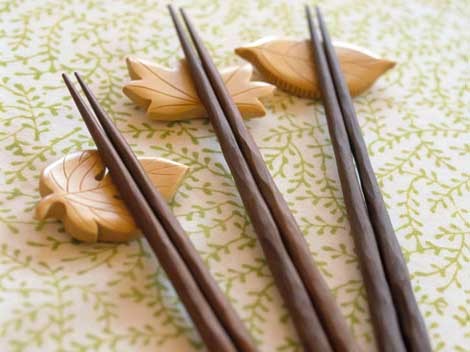| Home > China Feature |
States Wu and Yue Vying for Hegemony
In the late Spring and Autumn Period, the State of Wu (present-day Jiangsu and Anhui areas) and the State of Yue (present-day Zhejiang Province) strengthened their respective national powers and had repeated border disputes, which led to waves of wars. The State of Yue ended up wiping out the State of Wu. In 496 BC, King Helv of Wu led his troops to attack the State of Yue, with the main forces of both sides battling each other in Zuili. The Yue army distracted the Wu army by letting capital prisoners kill themselves in the battlefield. While the Wu troops were bewildered, the Yue army launched a violent attack against them, putting them to rout. King Helv of Wu died of injuries sustained in the battle and Fu Chai succeeded to the throne. In 494 BC, the navy troops of the State of Wu launched an offense against Wu. The battle took place in Fujiao (present-day Donting Mountain of Taihu Lake in Jiangsu). The Yue troops were defeated and the Wu army followed up the victory with hot pursuit and captured Huiji (present-day Shaoxing of Zhejiang), the capital of the Yue State. King Goujian of Yue and his remaining troops were stranded in Huiji Mountain besieged by the Wu troops. King Goujian had no choice but to surrender to King Fu Chai of Wu. The battle ended on the condition that the Wu State would take King Goujian hostage. Goujian stayed in the Wu State for three years as a slave. Finally, he gained trust from King Fu Chai and was allowed to return to his own state. Later, Goujian went through some self-inflicted hardships by sleeping on brushwood and forcing himself to taste gall. That way, he could remember his humiliations while serving under the State of Wu. Thanks to his hard work, the national power of Wu was increasingly strengthened. In 482 BC, King Fu Chai called a meeting in Huangchi (present-day southwest Fengqiu County of Henan Province) attended by vassals of the Central Plains. The meeting contributed to the Wu State's obtaining of hegemony status in the north. At the same time, King Goujian launched offensives against Wu by capitalizing on the ailing national power of Wu. The State of Wu ended up in defeat. In 473 BC, King Fu Chai of Wu fled to Gusu Mountain and killed himself after a peace deal was declined. Later, the State of Yue became the last dominant power in the Spring and Autumn Period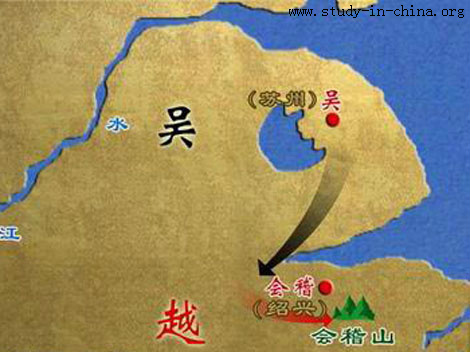
Art
 more
moreYicheng Hua Gu
The Flower Drum 花鼓 of southern Shanxi Province is a kind of folk d...
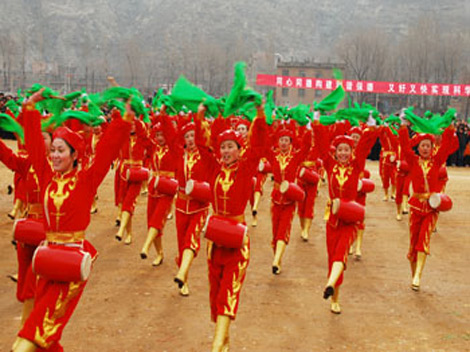
Sculpture in Qianling Mausoleum
The sculpture of Qianling Mausoleum is the main relic of the ground ...
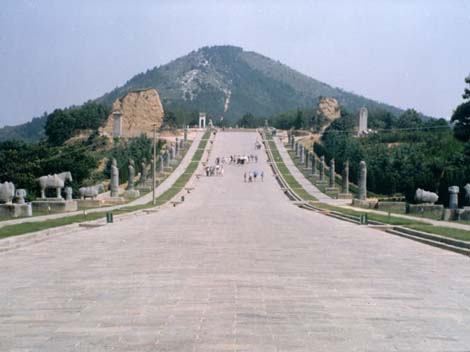
A Sweet Art:Sugar Painting
In and around China’s southwestern Sichuan Province, it is usual to ...
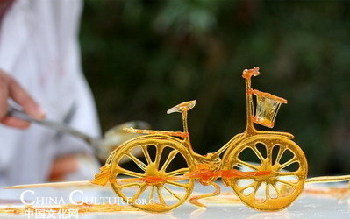
Custom
 more
moreWeb Dictionary
Martial Arts
Wudang Martial Arts
Wudang Wushu is one of the key schools of Chinese martial arts. ...
Wuxia, a Popular Culture for Most Chinese-Speaki...
Wuxia (武侠) is a broad genre of Chinese fiction that concerns its...
“Chinese Kung Fu Hot”
“Part the Wild Horse’s Maneton Both Sides”, “White Crane Spreads Its...





 print
print  email
email  Favorite
Favorite  Transtlate
Transtlate 